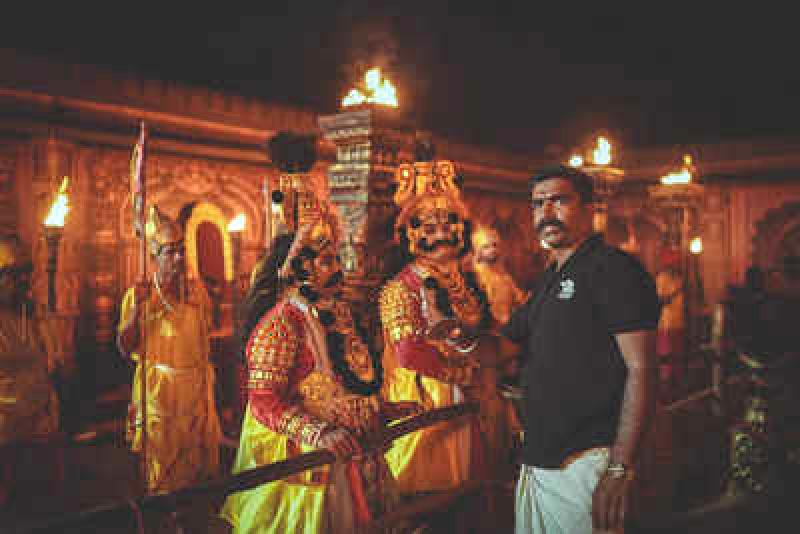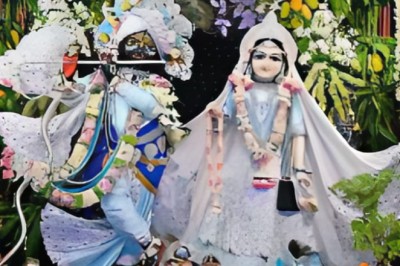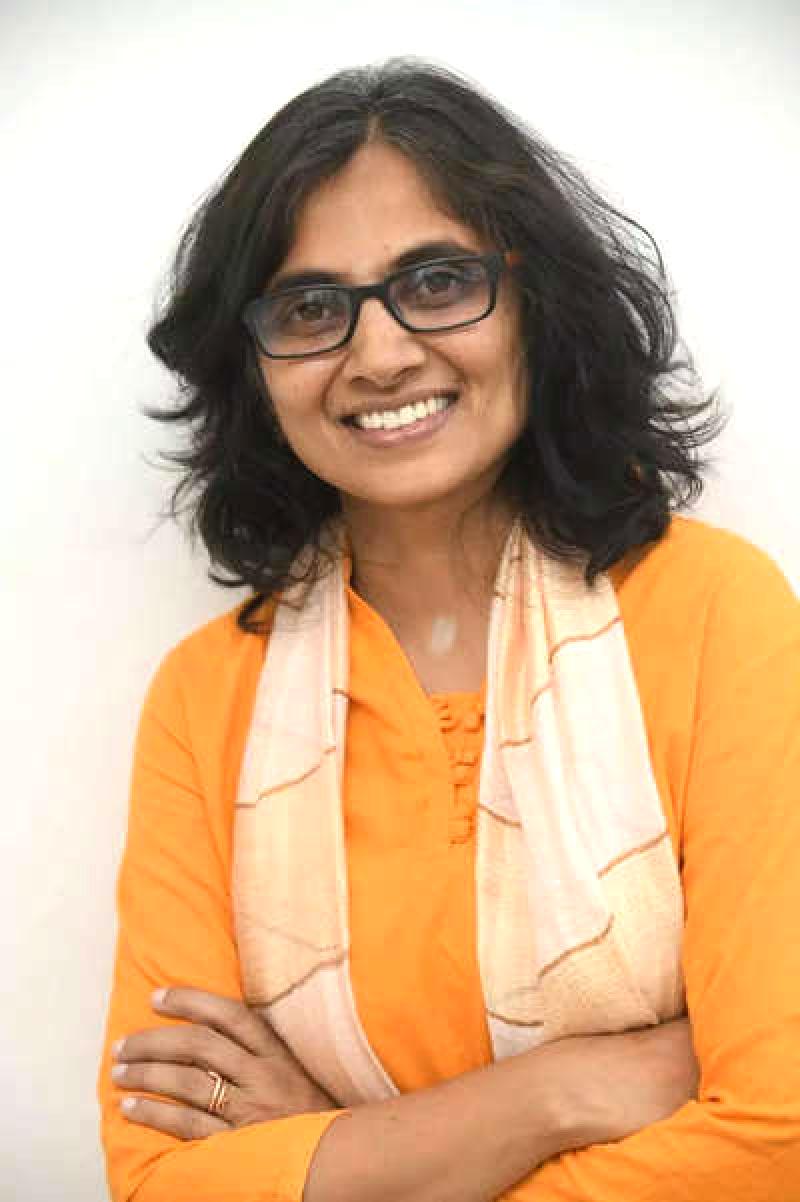
Music composer-director Ravi Basrur was exposed to Yakshagana as a primary source of entertainment in his hometown during his childhood. As time progressed, he transitioned to experiencing entertainment through radio, television, and eventually found himself immersed in the world of filmmaking. Observing the underrepresentation of talented Yakshagana artists in the mainstream media, he became determined to share the rich culture of Yakshagana with a wider audience, especially those outside the coastal regions. This vision led to the conceptualization of his upcoming directorial project, Veera Chandrahasa, a decade ago.
Veera Chandrahasa is a unique endeavor that aims to showcase Yakshagana, a traditional folk dance form popular in the Coastal Karnataka districts, through a cinematic lens. The movie, entirely presented in the Yakshagana format, intertwines historical storytelling with mesmerizing Yakshagana performances. Ravi Basrur emphasized the importance of maintaining the energy and authenticity of the Yakshagana artistes throughout the filming process, as capturing their emotive expressions and movements required precision and dedication.
In his pursuit to preserve and share his cultural heritage, Ravi remains unfazed by the potential success or failure of his films. His previous project, Girmit, a commercial film featuring exclusively child actors, reflects his fearless approach towards storytelling and cultural representation. Ravi's ultimate goal is to enlighten and engage audiences with the rich traditions and art forms that hold personal significance to him.The late Puneeth Rajkumar, along with Yash and Radhika Pandit, is collaborating on a new project with Veera Chandrahasa. “I had envisioned this film 12 years ago, but due to financial limitations, it couldn't be brought to life. After earning from my previous films, I decided to reinvest in the film industry. This is the only way to create such innovative projects. While music directing is my career, my directorial ventures aim to connect with audiences and highlight Karnataka's rich culture. Yakshagana is a traditional art form that holds valuable knowledge passed down through generations. I want people to appreciate the vastness and significance of this art,” explains Puneeth Rajkumar. "I want to create films free from the pressure of commercial success. Fear hinders one's courage to take risks, especially when worried about success or failure. By setting these concerns aside, one can follow their true passion. My goal is to reach and resonate with audiences,” says Ravi Basrur. The film's production involved around 500 performers in a rigorous process that showcased their dedication and patience. The artistes would gather in the afternoon, rehearse for two hours, get costumed by 4 pm, and take up to two hours for complete make-up. To ensure efficiency, each performer had a dedicated make-up artist, leading to a consistent look throughout the film. Scenes were shot from 7 pm to 6 am using only oil torches, resulting in vibrant colors captured in the trailer.











